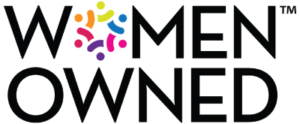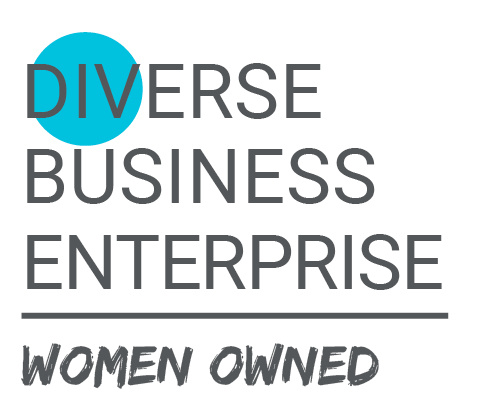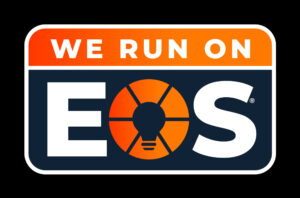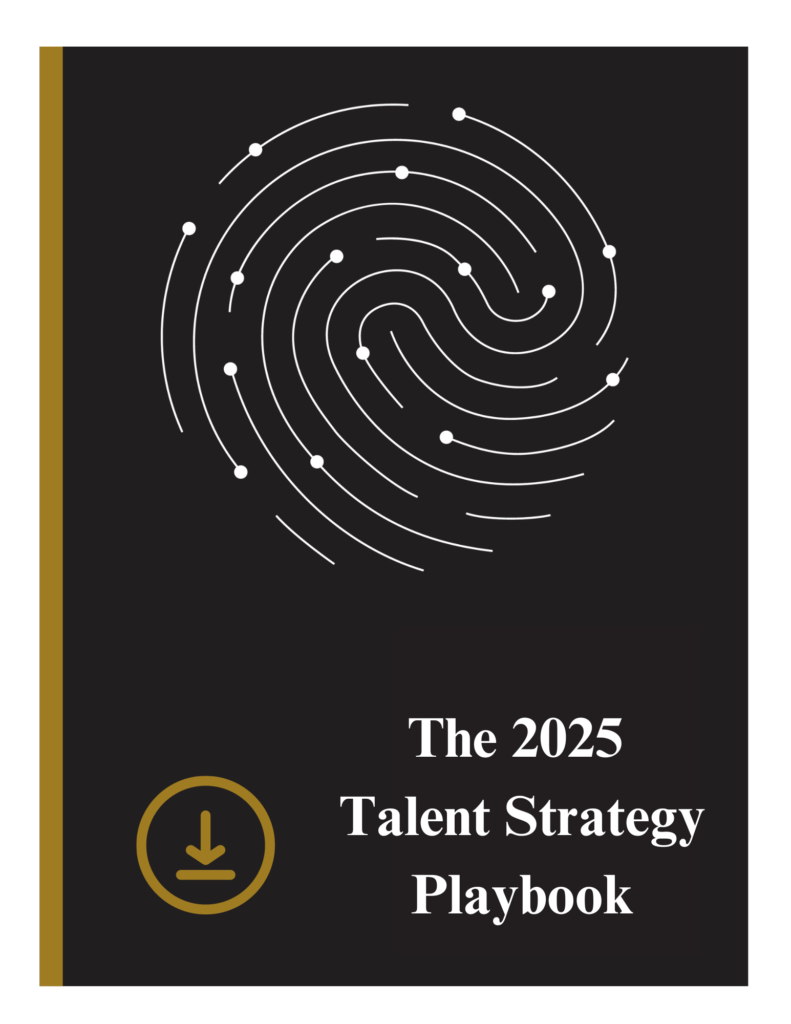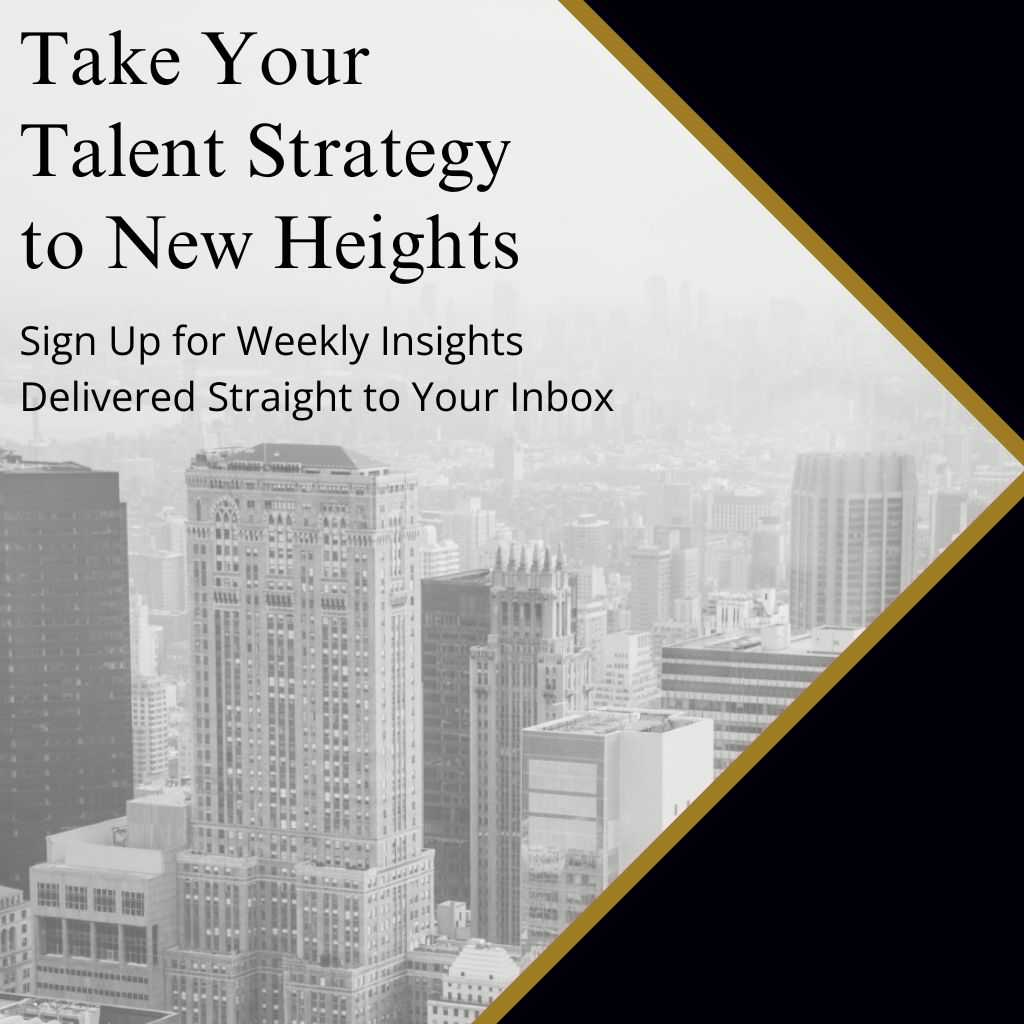Make Sure You Nail This Common Interview Question
by Nicole Degi
How many times have you been in an interview and had the question, “Tell me about yourself?” and when the interviewer asks you this question, you start to feel flustered? People tend to feel stumped on such broad questions because you always wonder what they want to know.
Let’s chat about ways to prepare for this question so the next time you are asked you can nail it!
Why Interviewers Ask It
It tends to be a good transition into the interview. It gives them an understanding of who you are and directions on next steps. Typically, how you answer will guide them to their next question. This question will help a recruiter or hiring manager get to know you better. It’s a great way for them to understand your background but also helps them understand how you communicate and if you can communicate efficiently and professionally.
Formula for Answering
Talk about your current role and scope of experience in this position. Go through how you got into this role and mention your previous experiences or past jobs, at this point you may also mention any accomplishments you have had in your roles. It’s also a good time to talk about your future goals you have for yourself and where you see your next step and position being.
Tip #1: Relate this question to the role you are interviewing for.
You really want to make sure that the interviewer understands why you are there so matching your experiences to the current role is very crucial. Think about why you have the right qualifications for the role you are interviewing for. You may have a basic template on how you answer this question, but it’s important to tweak it to the role and company you are applying for. It’s important to read through the job description prior to the interview so that way you can make sure your answers relate to the job description and organization.
Tip #2: Be Yourself & passionate when answering.
This will help set you apart from others. Show your personality in the way you represent yourself. Talk about what connects you to the work you have been doing and why. Maybe it’s something you’ve dreamed about since you were a kid — tell that story. Or maybe it is something you stumbled upon in college — tell that story.
Tip #3: Be Professional
This is the time to talk about yourself in a professional manner. It’s ok to be human and relatable in your responses but it’s also important to get to the point and how it relates to the position and company.
Tip #4: Know who you are talking to.
If this is a recruiter asking you this question versus a hiring manager your responses may be different. If you are not actively seeking employment and a recruiter reaches out to you then you may not know the role and organization prior to talking to them so your response will be vaguer with a high-level overview than if you have had time to research the company and job description.
Tip #5: Stay Positive.
It’s important to be transparent with who you are interviewing with but also important to have some positivity in discussing your background, even if you had a negative experience at one of your previous positions this is probably not the best time to bring up all the reasons you didn’t like that job or company.
Tip #5: Practice.
You know the saying practice makes perfect, that does come true in interviewing. We are not saying recite and memorize your response, so it sounds robotic but when you practice answering interview questions it helps you communicate more efficiently and professionally. You don’t want to leave the interview thinking I wish I would have said this or that. Practice beforehand so you can nail it!
Examples of how to answer this question:
“I moved to West Michigan over 10 years ago after college where I started my career in sales and marketing. I most recently worked as a senior sales representative for “XYZ” where I called on local and national accounts with a heavy emphasis on new business development. I am now looking to expand this experience I have gained in a new industry which is what excites me about the role with ABC Company.”
“I have always had a passion for people which is what drove me to a sales role because I learned early on in my career that connecting with others and building relationships was something I really enjoyed. I feel that this is where I strive and was able to build long-lasting relationships throughout my tenure at “XYZ Company” that brought year over year business and referrals, I am excited to bring this passion and drive that I have to “ ABC Company.”















